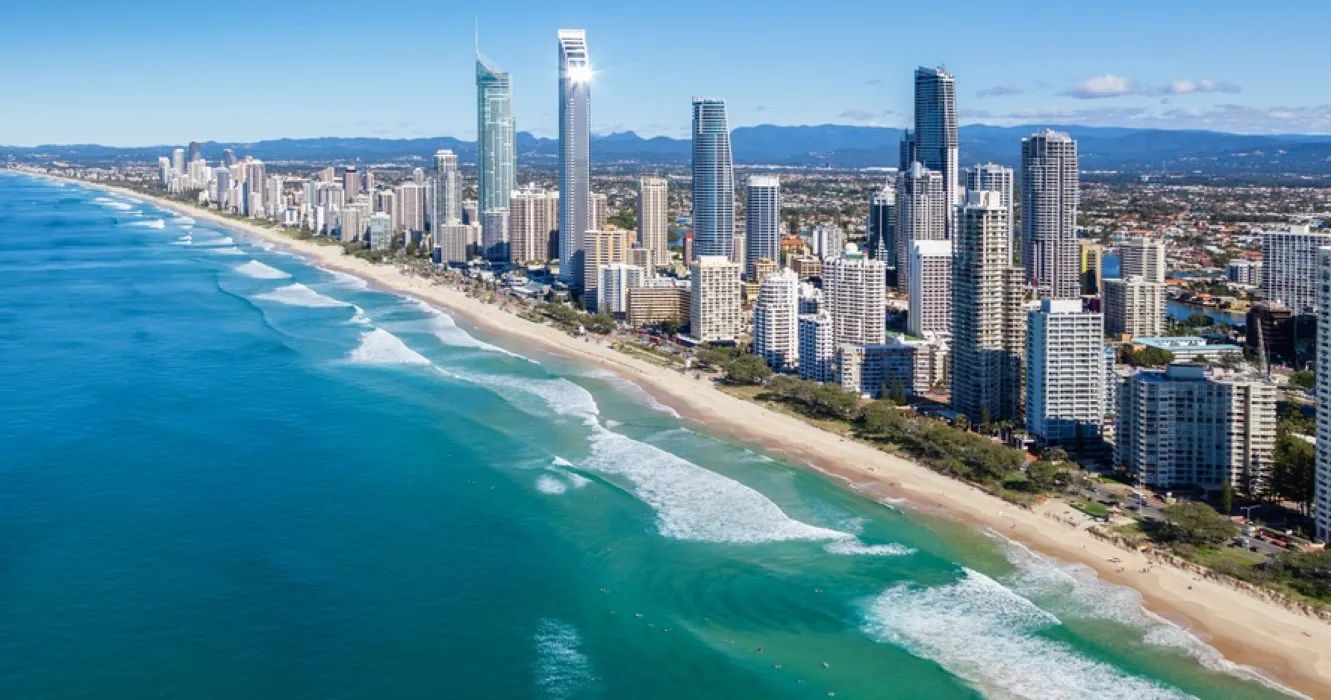July was a good month for gaming in Queensland, Australia. The state has reported the gross gambling revenue (GGR) for the month, showing a 16% month-over-month improvement.


July resulted in total GGR of AU$62 million (US$43.46 million) across all gambling activity. Not only was this 16% better than June, but it also represents a 32% improvement over July of last year.
The improvements come as Australia rebounds from COVID-19. Land-based gambling activity is returning to pre-pandemic levels, although it still needs more improvement. It is also making a comeback even as authorities across the country call for a crackdown on the number of gaming devices non-casino properties can offer.
Queensland Appreciates Gaming Revenue
33% of the revenue in Queensland came out of the Brisbane South area, which earned AU$21 million (US$14.73 million) in GGR. The area was the leader, while Brisbane North occupied second place. It was responsible for 21% of the revenue, providing AU$13 million (US$9.11 million), a 31% year-on-year increase.
Elsewhere, Brisbane East and Brisbane Inner City delivered AU$12 million and $9 million (US$8.41 million and $6.3 million), respectively. In both cases, the results were each responsible for 19% of the total amount Queensland reported for the month.
Brisbane East’s final tally was 26% better than it was a year ago. On the other hand, Brisbane Inner City GGR jumped 34% compared to what it reported in July 2021.
Also contributing to the revenue was Brisbane West, which provided 8% of the total. It recorded GGR of AU$5 million (US$3.5 million), a 33% year-on-year increase.
Fewer Gaming Devices Available
Australian legislators and anti-gambling lobbyists have been pushing for a reduction in gaming devices for several years. They argue that there are too many and that they are fueling gambling addiction in the country. This is despite the fact that Australia’s problem gambling rate is just over 1%, according to most studies.
Still, casino and gaming operators have given in. They have pulled some gaming machines from their operations across the country. As a result, in Queensland, the number of machines available in July was 1% less than it was a year ago.
In Brisbane alone, there were 8,142 slots last month, down from 8,202 in July of last year. However, across the state, there were many more. Clubs hold 21,094 machines, while hotels offer another 19,051.
Between clubs and hotels, the figure is down 0.4% from last year. However, they provided more revenue than they did in July 2021. Clubs generated AU$126 million (US$88.32 million), a year-on-year increase of 18%. On the other hand, hotels were responsible for 23% more revenue, contributing AU$176 million (US$123.35 million).
Gaming continues to be big business in Australia. For the country, the taxable revenue was AU$6.6 billion (US$4.62 billion) in the 2018 financial year, according to the Australasian Gaming Council. Because of the strength, the gaming industry was able to supply enough jobs to cover AU$11 billion (US$7.7 billion) in salaries that year.
COVID-19 caused a slowdown in activity since then. However, with things returning to normal and despite the ongoing friction, revenue will continue to climb.
The post Gaming in Queensland, Australia, on the Rise as July Delivers Higher Revenue appeared first on Casino.org.
